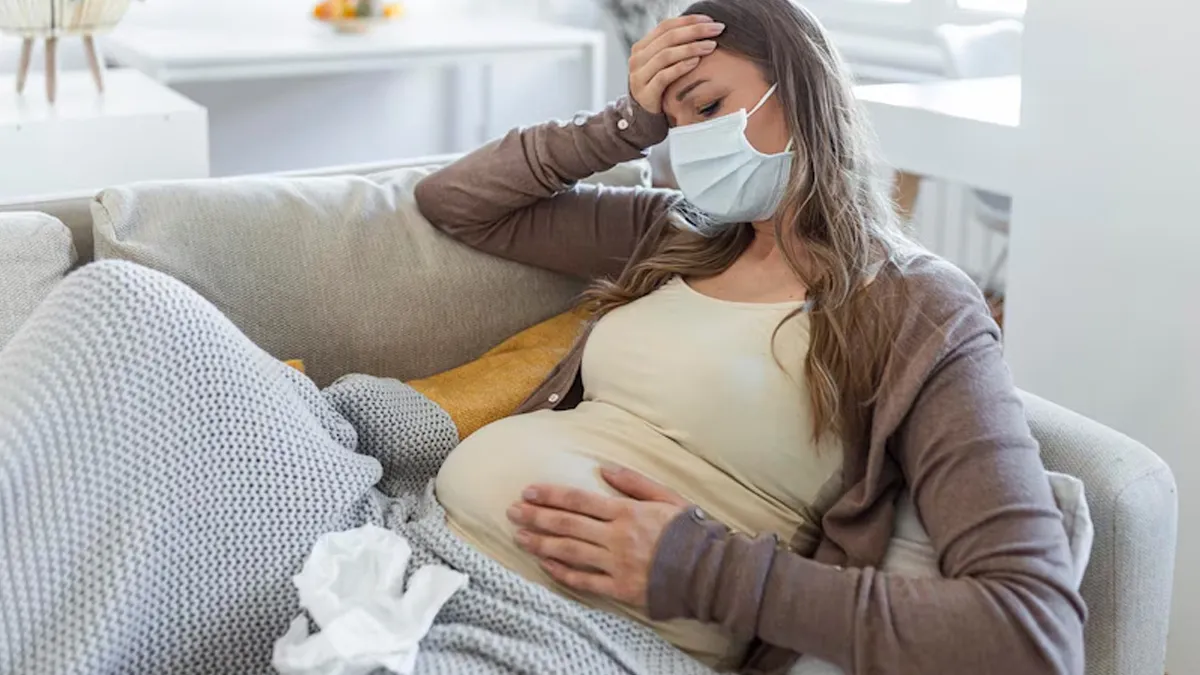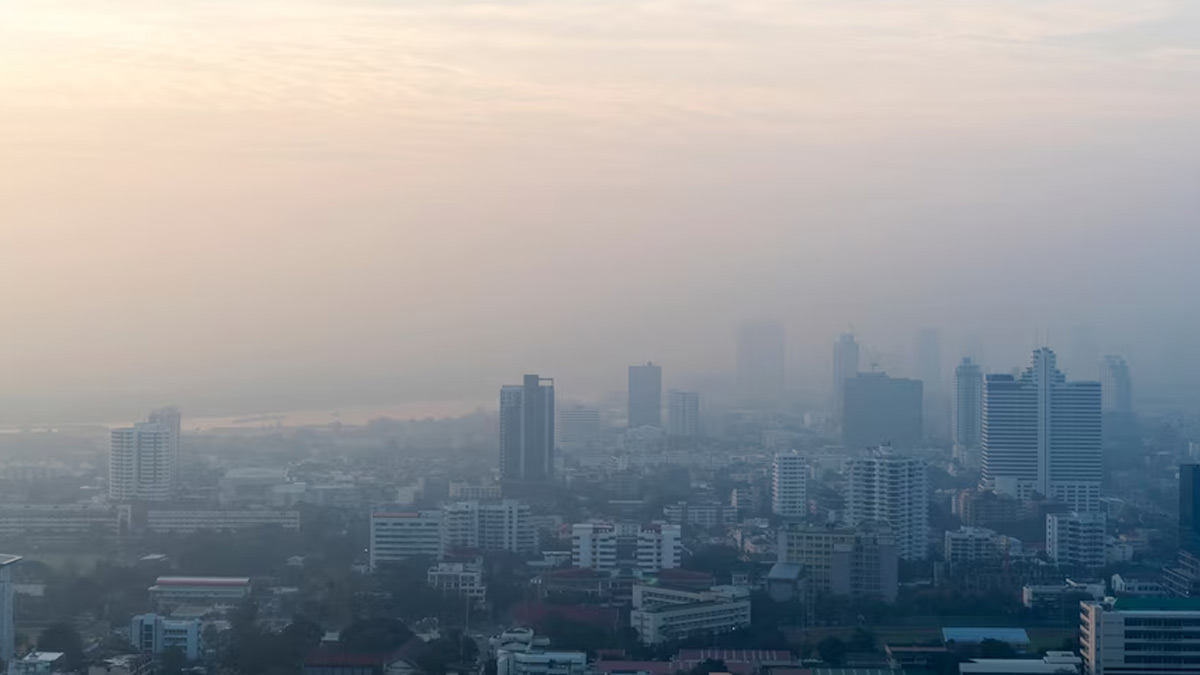
November has been awful in terms of air quality in several cities in India. In most parts of Delhi-NCR, the Air Quality Index (AQI) has gone past the mark from severe to hazardous. However, while most discussions focus on respiratory and heart health, people neglect that fertility is also significantly affected due to air pollution.
Table of Content:-
According to Dr Prachi Benara, Fertility Specialist, Birla Fertility & IVF, Gurgaon, "Pollution doesn't just harm your lungs-it can silently affect reproductive health in both men and women." Read ahead to know how air pollution impacts your chances of conception and what couples can do to protect and improve their fertility during this high-risk season.
How Pollution Affects Fertility
Air pollution comprises a hazardous combination of fine particulate matter (PM2.5 and PM10), nitrogen oxides, heavy metals, and volatile organic compounds. These toxic particles can interfere with the body's hormonal balance and reproductive function.
"Exposure to polluted air triggers off a process called oxidative stress, wherein deleterious free radicals damage cells, including eggs and sperm. This oxidative stress reduces egg quality, lowers sperm count and motility, and even increases the risk of miscarriage," explained Dr Banera.
Also Read: World Diabetes Day 2025: Diabetic? Expert Shares Tips To Boost Your Odds of a Healthy Pregnancy

Long-term exposure, which may disrupt menstrual cycles and ovulation in women, causes DNA damage to sperm in men and reduces testosterone levels. An increasing number of studies have found that couples exposed to high levels of air pollution take longer to conceive than their counterparts in cleaner environments.
November Pollution Spike and Conception
November is particularly crucial. From stubble burning in northern states combined with winter weather patterns to festive fireworks, it creates a toxic mix that traps pollutants close to the ground.
"This sudden spike can trigger inflammation in the body and disrupt endocrine function. Even short-term exposure can impact sperm health and egg viability," added Dr Banera.
What Couples Trying to Conceive Can Do Right Now
Here are some expert-approved tips for couple you are trying to concieve in the month of polluted November.
1. Stay Indoors During Peak Pollution Hours
Limit outdoor exposure, especially during early mornings and late evenings when pollution levels are usually higher. Use air purifiers in your home, especially in the bedroom.
2. Consume Antioxidant-Rich Foods
Antioxidants fight oxidative stress, so antioxidant-rich foods should be staple elements in one's diet. According to Dr Banera, consume colourful fruits and vegetables such as berries, citrus fruits, spinach, beetroot, and carrots. Additionally also include, seeds, and green tea in your everyday diet to protect the sperm and egg cells from damage.
Also Read: Is Your Lifestyle Raising Your Gestational Diabetes Risk? Find Out Here

3. Natural Hydration and Detox
Stay well-hydrated with plenty of water and herbal teas to detoxify your body. Avoid smoking or alcohol, as both enhance the effects of pollution on fertility.
4. Try Indoor Workouts
Outdoor exercise can be harmful if the air is polluted. Switch to indoor workouts such as yoga, stretching, or using an air-filtered gym. Deep breathing exercises will also strengthen the respiratory system by reducing inflammation.
5. Manage Stress
Air pollution, changing lifestyle, and infertility problems cumulatively work to increase stress, thereby further affecting conception. Mindfulness, meditation, and adequate sleep a day will help to keep the hormones in place and boost reproductive health.
6. Get a Fertility Check-Up
If you have been trying to conceive for more than six months and aren't succeeding, see a doctor. "Both partners should undergo basic fertility evaluations, including hormone and semen analysis, to identify early signs of pollution-related damage," concluded Dr Banera.
Bottomline
While pollution is unavoidable, a smart lifestyle choice can help minimise its impact. Making small, consistent changes-from improving air quality at home to following an antioxidant-rich diet-can go a long way in safeguarding fertility during the pollution surge this November.
Also watch this video
FAQ
1. Does short-term exposure to pollution contribute to infertility?
Yes, even short-term exposure on highly polluted days can increase oxidative stress and temporarily affect sperm motility and egg quality.2. Should a couple avoid conception in heavily polluted months?
Not necessarily. It is possible to conceive safely, if one takes necessary precautions sich as using air purifiers, improving diet, and restricting outside exposure.3. Do air purifiers really help with fertility?
Yes, HEPA purifiers cut down the level of indoor pollution greatly and protect respiratory and reproductive health.
How we keep this article up to date:
We work with experts and keep a close eye on the latest in health and wellness. Whenever there is a new research or helpful information, we update our articles with accurate and useful advice.
Current Version
Nov 27, 2025 09:09 IST
Published By : Tanya Srivastava